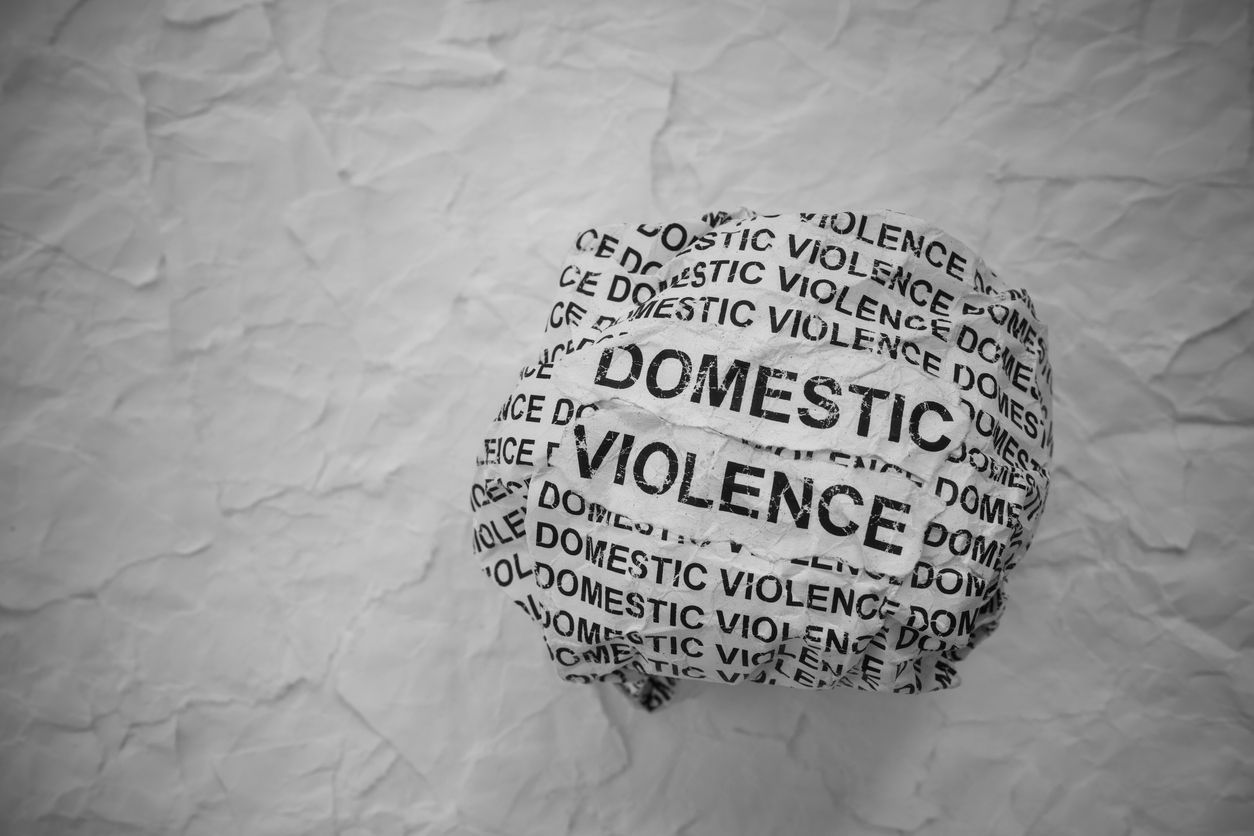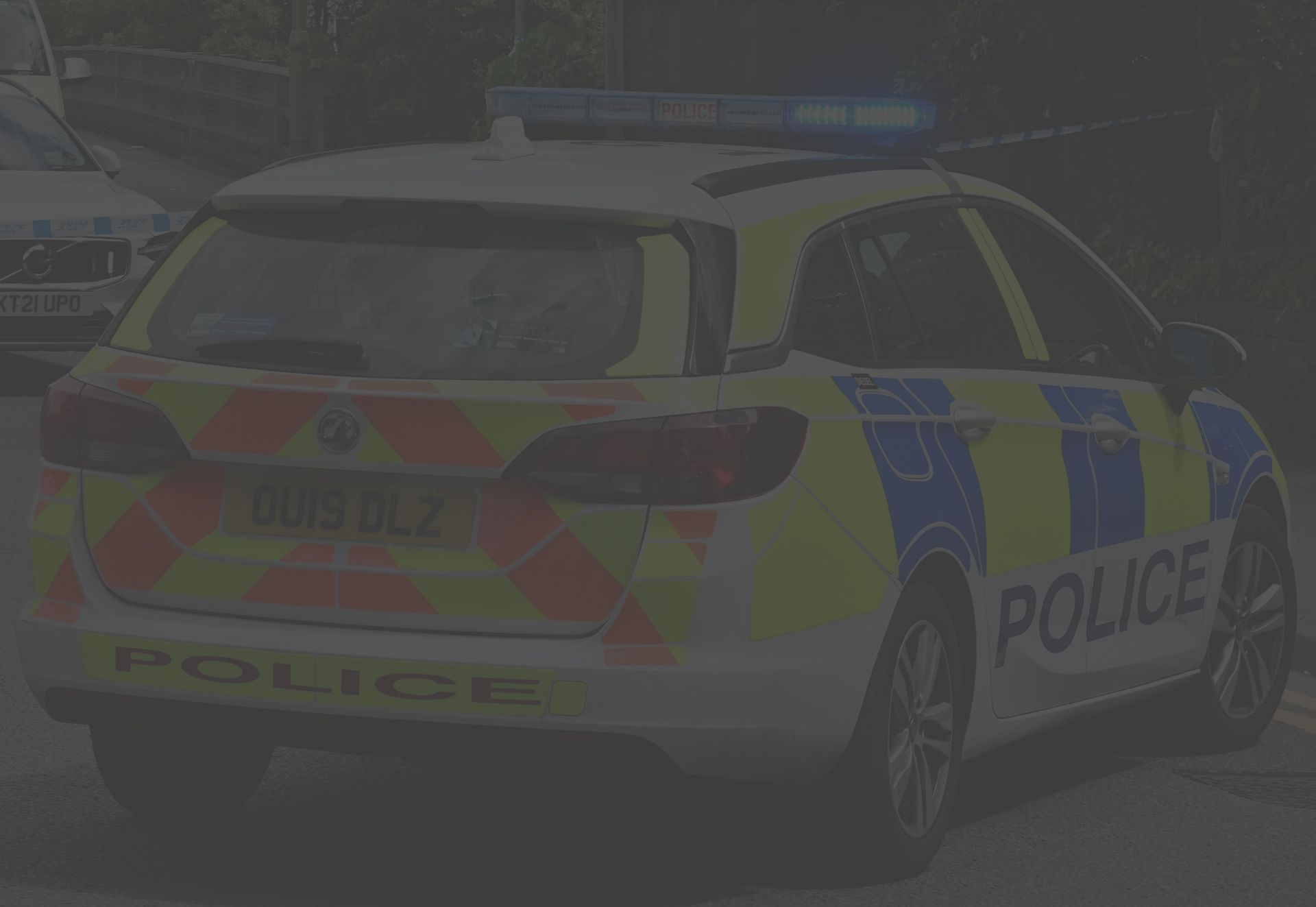Domestic Violence Protection Notices: Your Rights and What to Expect
Domestic abuse is a deeply serious issue, and when the police are called to an incident, they may act quickly to protect the alleged victim.
One of the tools available to them is a Domestic Violence Protection Notice (DVPN), an emergency measure that offers short-term protection.
Whether you're the person it’s intended to protect or the individual it's issued against, it's important to understand what a DVPN is, how the process works, and your rights at every stage.
What Is A Domestic Violence Protection Notice (DVPN)?
A Domestic Violence Protection Notice (DVPN) is a temporary measure issued by the police to provide immediate protection to someone who they believe is at risk of domestic abuse.
It can be issued without the victim’s consent and is typically used in situations where there’s not enough evidence to charge the alleged abuser immediately, but action is still needed to prevent further harm.
DVPNs are backed by the Crime and Security Act 2010 and are usually followed by an application to the magistrates' court for a Domestic Violence Protection Order (DVPO), which can extend the protective measures for up to 28 days.
What Is the Difference Between A DVPN And A DVPO?
While a DVPN is issued directly by the police and is effective immediately, it can only last up to 48 hours (excluding weekends and public holidays).
During this time, police must apply to the court for a Domestic Violence Protection Order (DVPO). If granted, a DVPO extends the protective conditions and can prohibit the alleged abuser from contacting the victim or returning to the family home for up to 28 days.
Understanding this distinction is vital. A DVPN is the emergency stop-gap, while the DVPO is the formal order issued by the court after a hearing. The goal of both is to give the victim time to consider their options and access longer-term support.
When Can A DVPN Be Issued?
Police can issue a DVPN when they believe there has been an incident of domestic violence or abuse, and they consider that the victim is at risk of further harm. This decision does not require the consent of the victim, which can be a crucial point in many cases where victims feel pressured or unsure about cooperating with authorities.
The police must have reasonable grounds to believe the order is necessary to protect the individual from further violence or threats. This could include physical abuse, emotional coercion, controlling behaviour, or threats of harm.
Once issued, the DVPN typically requires the person it's served upon to leave the residence they share with the victim and not have any contact with them.
The Legal Process: What To Expect After A DVPN
If you have been served with a DVPN, it’s important to understand that it is legally binding. Within 48 hours, a magistrates’ court hearing will be scheduled where the police will apply for a DVPO. This is your opportunity to respond to the notice and present your case.
The alleged perpetrator and the police can be legally represented at the hearing. It's strongly recommended that you seek legal advice as soon as possible, especially because the outcome of this hearing could lead to you being barred from your home or family for several weeks.
This court hearing is an essential safeguard for victims, ensuring that the emergency notice is justified, extended, or discontinued if deemed unnecessary.
Your Rights If A DVPN Has Been Issued Against You
Being served with a DVPN can be distressing, especially if you feel the situation has been misunderstood or exaggerated. However, it’s essential to comply with the conditions immediately. Breaching a DVPN, even unintentionally, can result in arrest and further legal consequences.
You can attend the DVPO hearing and present your side of the story. This may include providing evidence, witness statements, or legal representation.
Importantly, the DVPN does not result in a criminal record; it is a civil matter. However, the consequences of breaching it can be criminal, so take it seriously.
Protection For Victims: How A DVPN Helps
For individuals at risk of domestic violence, a DVPN can be a lifeline. It provides immediate protection, especially during the crucial period following a serious incident.
By removing the alleged perpetrator from the shared home and limiting contact, victims are given space to breathe, seek advice, and begin finding safety and stability.
The police will often refer victims to local domestic abuse services which can provide additional support. These services may include emergency accommodation, counselling, legal guidance, and access to longer-term protection options such as Non-Molestation Orders or Occupational Orders.
What Happens If A DVPN Or DVPO Is Breached?
The courts take breach of either a DVPN or a DVPO extremely seriously. If the person named in the notice fails to comply, for example, by returning to the property or contacting the victim, they can be arrested immediately.
If a breach is proven in court, the penalties include a fine of up to £5,000 or up to 2 months in prison.
Any breach should be reported to the police immediately so that victims can ensure swift enforcement and continued protection.
Upcoming Changes: From DVPNS to DAPNS and DAPOS
It’s also worth noting that the legal landscape around domestic abuse protection is evolving. Under the Domestic Abuse Act 2021, the government is piloting the introduction of Domestic Abuse Protection Notices (DAPNS) and Domestic Abuse Protection Orders (DAPOS).
These tools simplify the current system and offer victims more flexible, long-term protection.
While DVPNs and DVPOs are still in use, these new mechanisms are expected to eventually replace them. Staying informed about these changes is essential, whether seeking protection or responding to a notice.
Common Questions About DVPNS
A common concern is whether a DVPN results in a criminal record. The answer is no — it is a civil matter. However, any breaches are criminal offences, and those could appear on your record.
Another question is whether a person can refuse a DVPN. Unfortunately, the notice is not optional; it is imposed by the police authority, and failing to comply is a criminal offence. However, individuals can challenge the notice in court during the DVPO hearing.
If you're unsure about your legal rights or next steps, speaking with a solicitor experienced in domestic violence law is essential.
How We Can Help
At Eventum Legal, we understand the emotional and legal complexities involved in domestic abuse cases. If you are facing a DVPO we offer non-judgmental, expert legal support. Our team can help you prepare for hearings, ensure your rights are respected, and guide you through this difficult time with clarity and compassion.
We offer fixed-fee legal services and a free initial consultation to help you understand your position and options. Contact us today for confidential advice from our experienced criminal defence team.
Call Eventum Legal For All Your DVPN Needs
A Domestic Violence Protection Notice is a powerful tool that can have an immediate and lasting impact. Understanding how it works, and what your rights are, is the first step to navigating the process with confidence.
If you need support or legal representation, don’t wait.
Contact Eventum Legal today, we’re here to help.




